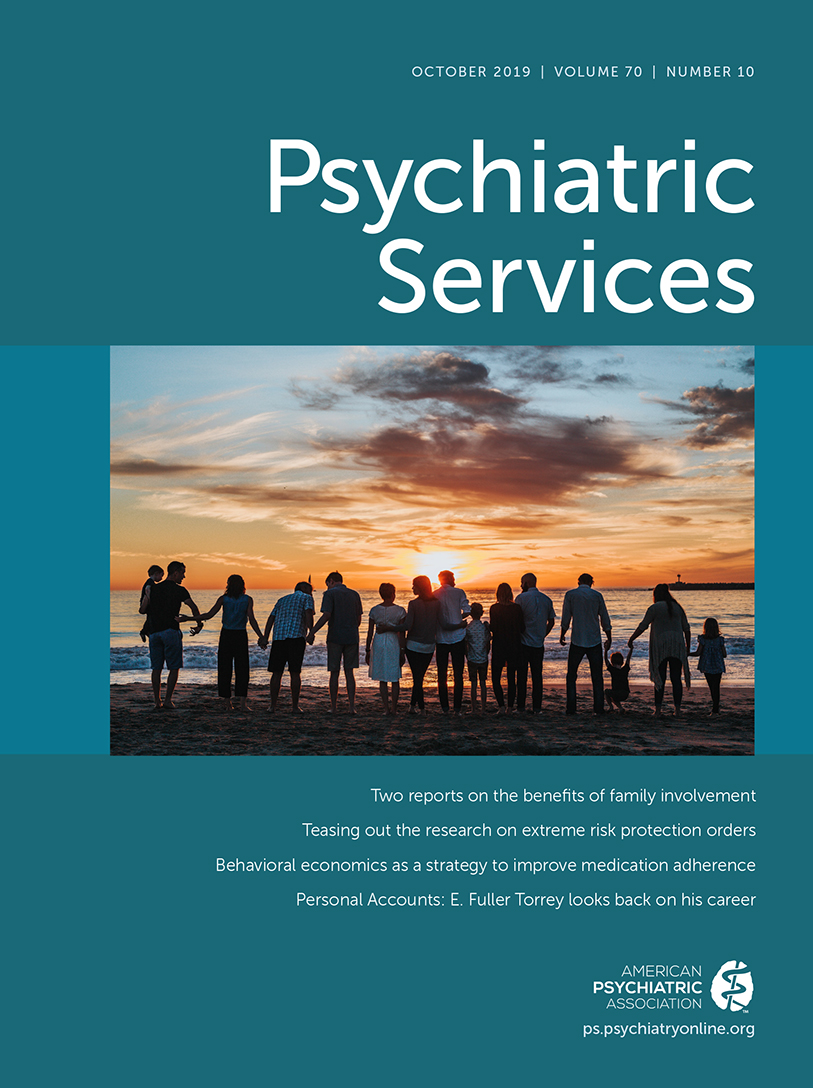“Use the Back Door”: Treating Incarcerated Patients in Community Mental Health Facilities
Abstract
Incarcerated individuals are a vulnerable population who face not only high rates of mental disorders, substance use disorders, and other chronic medical conditions but also widespread social stigmatization. These patients occasionally present for treatment in community health care settings, including mental health facilities, where staff that do not often provide care for incarcerated patients may be unprepared for their visits. This column examines whether treatment of incarcerated patients should be managed differently than treatment of other patients at community mental health facilities and provides suggestions for clinical management.



